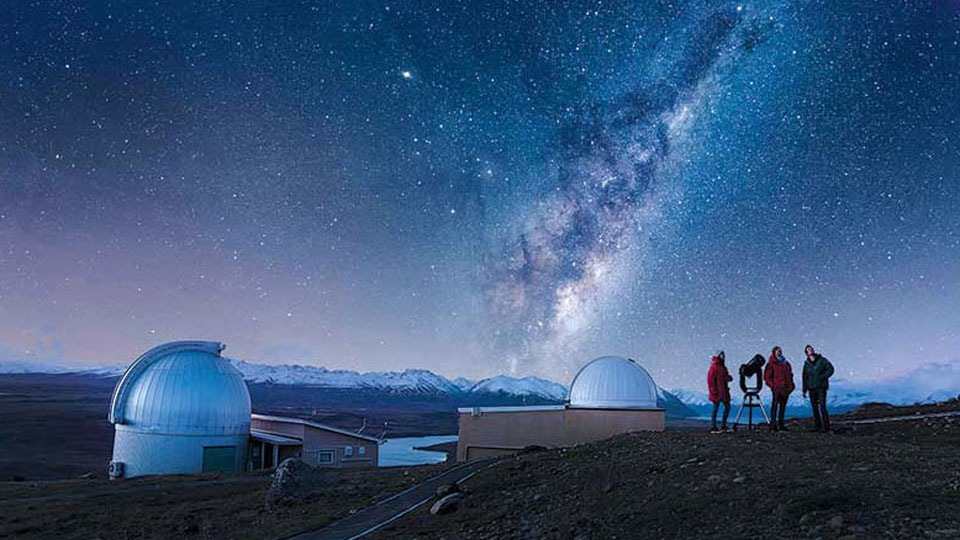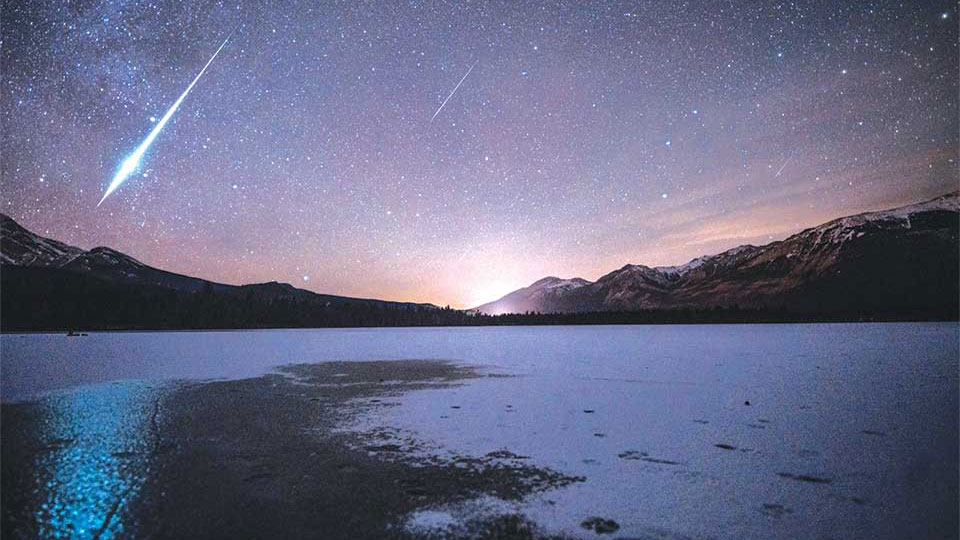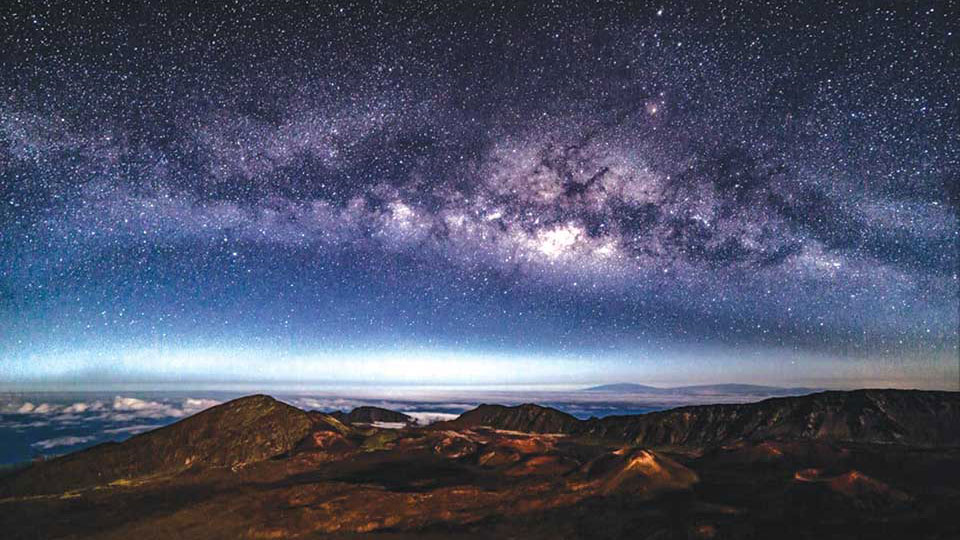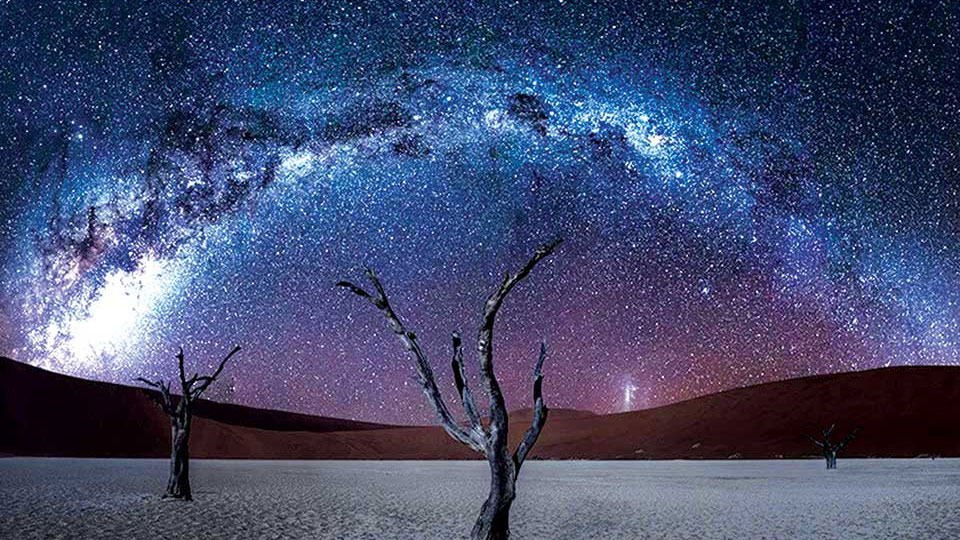
Dhaka : In 2025, travelers are looking up-literally! Astrotourism, the practice of visiting destinations with pristine night skies to observe celestial phenomena, is emerging as one of the most exciting niches in global travel. From meteor showers to solar eclipses, enthusiasts are increasingly seeking destinations where the cosmos is the main attraction.
Global boom
According to DarkSky International, more than 220 locations worldwide have earned the designation of International Dark Sky Places. These sites, carefully protected from light pollution, offer some of the clearest views of the night sky.
Popular astrotourism events, such as the 2024 total solar eclipse over North America, drew thousands of travelers, and anticipation for the upcoming 2026 eclipse in Iceland and the 2027 eclipse in Egypt has already triggered a surge in bookings.
 Jasper National Park, Canada
Jasper National Park, Canada
"The universe is a vast playground, and more travelers want to explore it firsthand," said Maria Johansson, an astrophotourism guide based in Sweden. "Astrotourism combines awe, education, and adventure in a way that no other travel experience can."
Destinations leading the way
• Mauna Kea, Hawaii: Home to world-class observatories, Mauna Kea offers unparalleled clarity and high-altitude stargazing. Guided tours allow travelers to observe stars, planets, and the Milky Way.
• Namib Desert, Namibia: Its minimal light pollution and wide-open landscapes make it ideal for capturing the night sky through astrophotography.
• Aoraki Mackenzie, New Zealand: This UNESCO Dark Sky Reserve offers workshops in astrophotography and guided star-hunting walks.

Mauna Kea, Hawaii
• Jasper National Park, Canada: The annual Jasper Dark Sky Festival brings together scientists, photographers, and travelers for lectures, stargazing, and meteor shower parties.
Beyond the stars
Astrotourism is not just about observation-it is an immersive experience. Travelers participate in meteor shower watch parties, astrophotography workshops, and night-time storytelling sessions about constellations. Local communities are increasingly benefiting as guides, accommodation providers, and cultural performers engage with visitors.

Namib Desert, Namibia
Sustainability is also central. Tour operators emphasize protecting fragile ecosystems, minimizing light pollution, and promoting environmental education. The sector's growth is reshaping how destinations balance tourism with conservation.
Analysts predict that by 2030, International Dark Sky Places could become a primary driver of eco-conscious travel, combining adventure with education and environmental stewardship.












